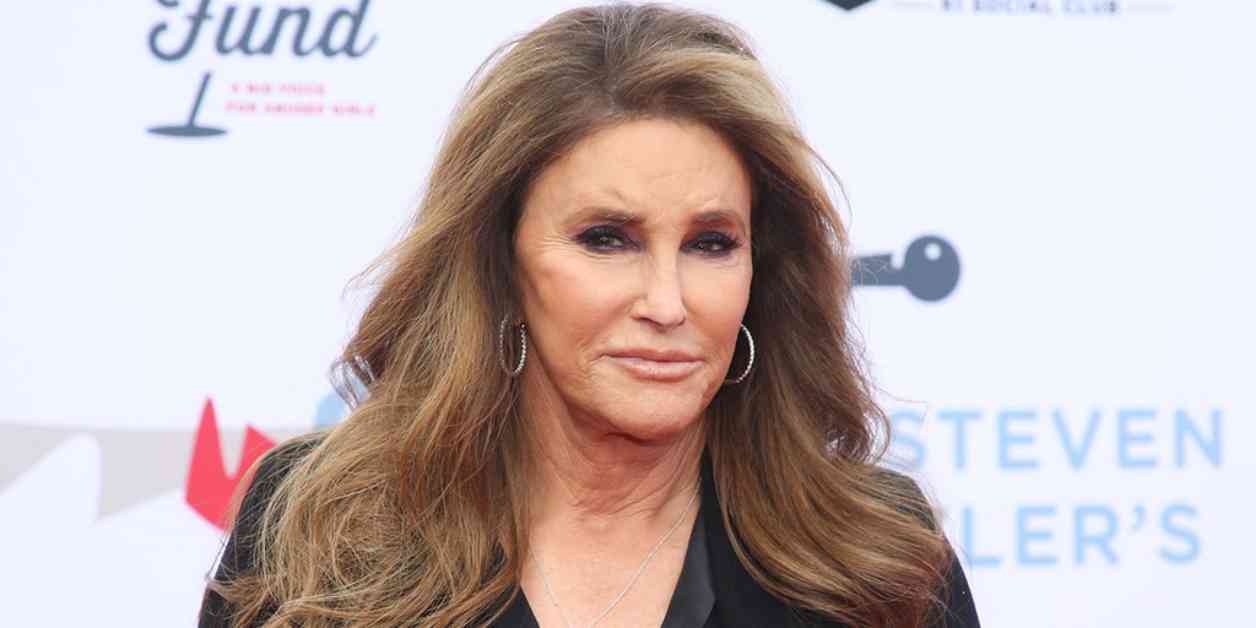The recent boxing controversy at the Olympic Games in Paris has sparked heated debates and discussions. Imane Khelif, a female boxer who was disqualified from the 2023 world championships due to having male XY chromosomes, has been dominating the women’s 66-kilogram division. Her recent victory over Angela Carini of Italy, who forfeited after just 46 seconds, has raised questions about fairness in women’s sports.
Caitlyn Jenner, a former Olympic champion, expressed her concerns about the controversy, stating that it has negatively impacted the integrity of the Games. Jenner, who transitioned from male to female, emphasized the importance of rules and regulations based on DNA, suggesting that individuals with XY chromosomes should compete in men’s categories. She criticized the International Olympic Committee (IOC) for allowing Khelif to participate in the women’s competition, questioning their commitment to protecting women’s sports.
Despite the criticism, Khelif is set to compete in the upcoming rounds, facing Hungarian boxer Luca Hamori. The IOC defended Khelif’s eligibility, attributing the controversy to a sudden decision by the International Boxing Association (IBA) during the 2023 world championships. The IOC highlighted the need for clear procedures on gender testing to avoid similar disputes in the future.
The ongoing debate surrounding Khelif’s participation in women’s boxing raises important questions about gender inclusion and fairness in sports. While some argue that biological differences should determine eligibility, others emphasize the importance of inclusivity and diversity in athletic competitions. The IOC’s handling of the situation has sparked further discussions about the need for transparent regulations and protocols in gender-related issues in sports.
As the controversy continues to unfold, it remains crucial for governing bodies like the IOC and IBA to address these challenges proactively. Establishing clear guidelines for gender testing and ensuring fair competition for all athletes will be essential in upholding the integrity of women’s sports. The spotlight on Khelif’s case serves as a reminder of the complexities and sensitivities surrounding gender identity in the world of sports.


















